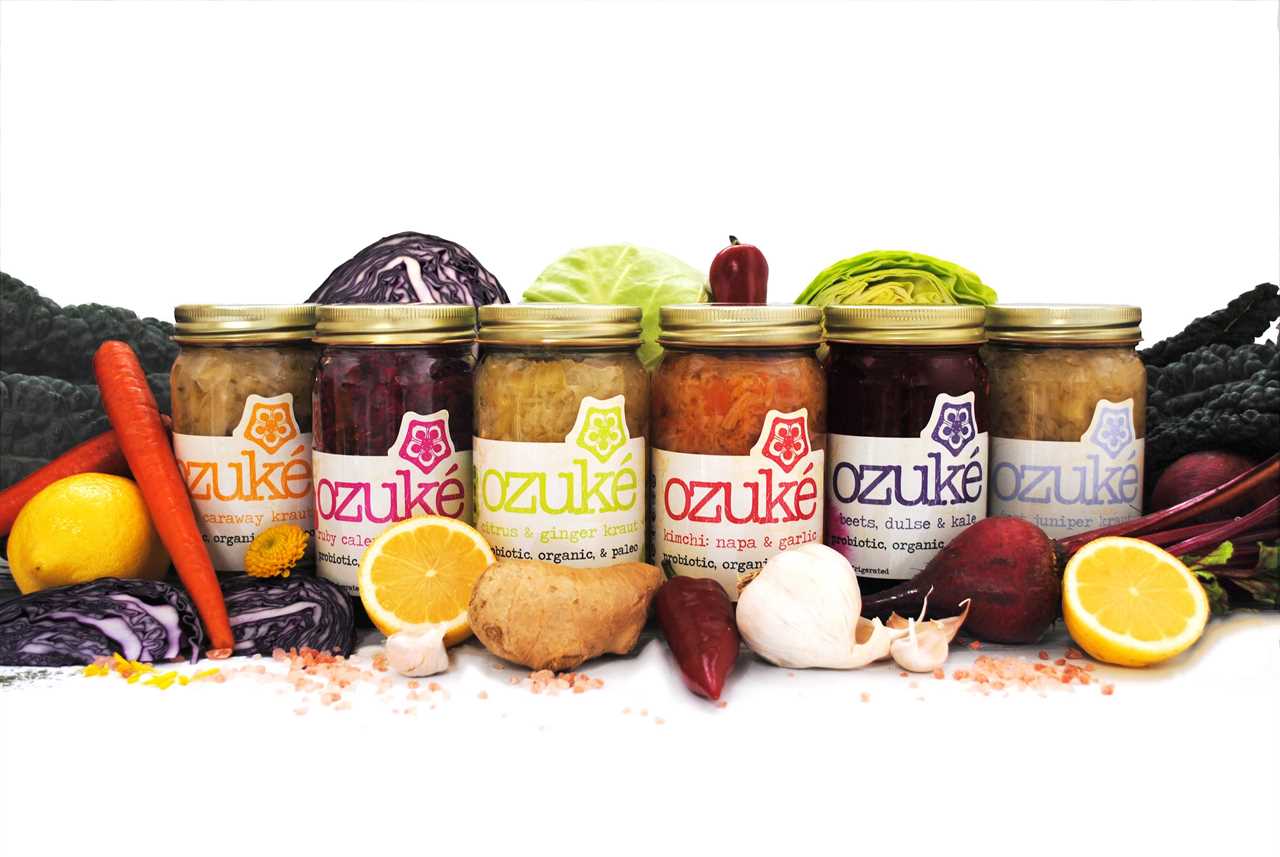
Organic fermented foods have long been a time-honored component of the ancestral diet. Today, they're gaining popularity as an easy way to improve your health and wellness.
Incorporating these healthy foods into your diet can help support gut health and the immune system. Plus, they can boost your energy levels and reduce blood sugar-related risks like diabetes.
Examples of Organic Fermented Foods
Organic fermented foods can be a great way to get your daily dose of probiotics and gut-healthy nutrients. They're also low in sodium and packed with antioxidants.
Fermented foods are a type of food preservation technique that uses a combination of microorganisms and acid to create new flavors and textures, as well as preserve the integrity of the food. They include sausages, sauerkraut, pickles, yogurt, cheeses and soy sauce.
While fermented foods have been around for centuries, they've recently become popular in the West. This is largely because of the proposed health benefits of these foods and a growing interest in digestive issues. Several studies have suggested that consuming probiotic and prebiotic fermented foods may help improve gastrointestinal health and prevent disease.
Sauerkraut
Sauerkraut is made by shredding cabbage, salting it and then fermenting it in a de-oxygenated environment for several weeks. This process creates beneficial bacteria and enzymes that help to improve vitamin content while also converting sugars in the cabbage.
The bacteria in sauerkraut are known as probiotics, and they can support a number of systems in the body, including the immune system. This is because 70 to 80% of the immune system is located in your digestive tract, so any food that helps to maintain healthy gut flora can also support your overall immunity.
Sauerkraut is rich in fiber, which supports gastrointestinal health and can also help reduce your risk of chronic diseases like heart disease and cancer. It is also a good source of potassium, magnesium and folate.
Yogurt
Yogurt is a versatile food that’s rich in nutrients and healthy bacteria, promoting gut health. It’s also a great source of protein, calcium and phosphorus.
It is also a good source of vitamins B12 and K, which are essential for healthy blood and nerve function. It may help lower cholesterol, improve bone health and reduce body weight.
Probiotic yogurt is particularly good for gastrointestinal health, as it contains a variety of beneficial bacteria that help manage harmful bacteria like Klebsiella and promote healthy digestion. Some studies have linked a diet that includes yogurt to a reduced risk of cancer, obesity and high blood pressure.
However, if you are on certain medications, such as antibiotics or immunosuppressants, it is important to talk to your doctor before consuming yogurt. It can interact with those medicines and prevent them from working as intended.
Apple Cider Vinegar
If you are looking to support your gut health, incorporating organic fermented foods into your diet is an excellent way to do so. The bacterial fermentation process in fermented foods creates probiotics, which are vital for maintaining healthy gut bacteria.
Apple cider vinegar is a form of apple juice that has been fermented with yeast and bacteria to convert sugars into alcohol. The acetic acid that results from this process makes it sour and flavorful.
It is also an immune system booster and can help improve blood sugar levels, lower cholesterol, aid weight loss and reduce belly fat. ACV also has antibacterial properties, which can kill pathogens like E. coli and Staphylococcus aureus.
In addition to containing a range of nutrients, including fiber and potassium, apple cider vinegar contains healthy acids that help balance the digestive tract. But consuming too much of it can cause stomach issues, so keep this in mind when adding it to your diet.
Frequently Asked Questions
What are organic food products?
Organic produce is free from synthetic fertilizers, pesticides, sewage sludge and confinement feeding. No growth hormones are used, and there is no animal testing. These crops can grow naturally so that farmers don't have to use pesticides or weed control.
Organic farming methods also help to preserve soil quality, reduce erosion, and conserve water resources. Organics are also better for your health as they contain more nutrients that conventional food. Organic products are more nutritious than conventionally grown foods and have lower calories and fiber.
Why is organic foods important?
Organic produce is vital for our health. It is the best option to ensure that we eat nutritious food. It's healthier for us as well as more environmentally-friendly because it doesn’t rely on pesticides, fertilizers, or other chemicals.
Organic farming uses natural methods to grow crops without harmful chemicals. This results in fewer environmental pollutants and makes organic farming safer. So when you choose organic food, you're helping to protect yourself and the planet.
The health benefits of organic foods go well beyond our bodies. We all know the negative effects that processed foods can have on our health. You might not know this, but organic fruits and vegetables don't have to be treated with chemicals. This means they are more fresh tasting, last longer and look better.
It's because organic is healthy for you and the planet. Because it's not only healthy for you, it's healthier for the world.
What is organic meat?
Organic meat is organic food that has been grown naturally without the use of pesticides, artificial fertilizers or hormones. Organic meat is also a guarantee that the animals weren’t fed any genetically altered feed. Because there are no harmful chemicals in the meat, it is safe for human consumption.
Organic meats are good for the environment. When we eat organic foods, we reduce the pollution in landfills, rivers, lakes, etc. Organic farmers are less likely to use toxic chemicals to kill birds or insects. This helps protect wildlife.
Buy organic meats whenever possible. This is the best way for you to eat healthy, organic meats. Local purchases help keep more money within the community than traveling out of state. Local businesses often pass savings on to customers who shop locally. In addition, buying local keeps jobs right here in America instead of sending them overseas.
Are organic foods better?
According to the Environmental Working Group's recent report on pesticide residues within foods, organic fruits & vegetables contained nearly half of the pesticides that non-organic varieties. Organic strawberries contained four times more pesticides that their conventional counterparts, and organic apples contained eight percent less.
Research has also suggested that organic food may reduce mercury and lead exposure. For instance, one study showed that children who consumed organic meat had 33% less blood lead levels than children who did not. Another study concluded traditional fish should not be consumed by pregnant women, due to high mercury levels.
Organic food appears to be more safe than non-organic. Experts recommend eating fresh fruits and veggies whenever possible to reduce the chance of developing cancer.
How can you tell organic food from non-organic?
Any chef will tell you fresh ingredients are more important than any other ingredient. That's because when we eat well, we feel better.
The same applies to our food. We know where our organic food came from and how it has been grown. We also know that it didn't have any harmful chemicals.
Organic foods are made without the use of synthetic pesticides and fertilizers, hormones, steroids, antibiotics, or genetically altered organisms (GMO). Organic farmers aren't allowed to use these substances.
Growing organic crops is an art. There are plenty of ways to grow them safely.
Organic farming is often called sustainable agriculture. This means that organic farming does not use as many resources as conventional methods, but it still provides the essential nutrients needed to sustain life.
Organic farming methods include crop rotations, composting manure and cover cropping. These practices help to prevent soil erosion and improve water purity.
They reduce the amount of chemical runoff that can enter waterways. We can also find organic farms in our urban surroundings.
There are two types for organic products certification. The USDA National Organic Program certifies one, while independent certifying agencies certification the other. Both require strict adherence of organic standards.
USDA seals or O Seals can be applied to organic products. This symbol indicates that the product meets federal requirements.
Why should I go organic?
Conventional agriculture has been linked to several health problems, including asthma, allergies, obesity, diabetes, cancer, birth defects, hormone imbalances, and other diseases. You must make healthy choices when buying food.
Here are some tips from the Environmental Working Group (EWG).
Always buy organic fruits & vegetables.
USDA organic labels for meat, poultry eggs, milk and cheese as well butter and honey are recommended.
Avoid processed foods marked "natural" or with "no additives."
Be sure to read all ingredient labels. If an ingredient isn’t listed, it might be added during processing.
Choose fresh meats over frozen or canned ones. Frozen and canned foods often contain less nutrient-rich ingredients like high fructose corn syrup.
Statistics
- As for organic meat, regulations require that animals be raised in living conditions that accommodate their natural behaviours (like the ability to graze on pasture), fed 100% organic feed and forage, and not administered antibiotics or hormones. (usda.gov)
- Cosmetic brands such as Laurel and Rose Mira are 100 percent organic and have a wide array of skincare products. (en.wikipedia.org)
- Nutrients like omega-3 fatty acids were up to 50 percent higher in organic meats and milk than in conventionally raised products.[3] (en.wikipedia.org)
- Once certified by the USDA, it can fall into one of four categories: "100 percent organic", "organic," "made with organic ingredients," or "made with less than 70 percent organic ingredients. (en.wikipedia.org)
External Links
ncbi.nlm.nih.gov
- PubMed Assessment of the micronutrient compositions of plant foods from conventional and organic agriculture methods.
- Comparison of the total and ascorbic Acid content of freeze-dried and frozen-dried marionberry, strawberries, and corn grown according to conventional, organic, and sustainable agriculture practices - PubMed
ams.usda.gov
ota.com
usda.gov
How To
What You Should Know About Organic Foods
Organic foods are produced from plants and animals that have been grown without the use of pesticides, chemical fertilizers or other additives. They are not subject to genetic engineering or the use of ionizing radioactive radiation. No artificial colourings, flavour enhancers, preservatives, or colourings must be used in the food. It should not include genetically modified organisms (GMOs).
In 1845, Justus Von Liebig, an aspiring chemist and entrepreneur, created the term "organic" to describe the properties found in manure. The term organic is often associated with food production. Organic means the product has only natural substances like proteins, carbohydrates, and fats that are found in nature.
Globally, organic product consumption has increased significantly over the last decade. Recent statistics show that around half of the world's population consumes at most one organic product per day. This figure is on the rise and it is predicted to grow to 70%, 88%, and 90% in 2020.
Organic products are preferred for many reasons. Organic produce can be preferred for its taste; others prefer them for being healthier. Some people believe organic farming to be more environmentally friendly. Some consumers choose non-organic products because of ethical concerns about farm workers' and animal treatment.
While organic food is generally more expensive than traditional foods, prices do vary depending upon where you live. There are different factors influencing the price of organic food. One is the availability and cost of land that can be used for organic agriculture. Another factor is the cost of inputs, labour and materials required for organic agriculture. Transport costs, marketing costs and taxes are also important. In Europe, for instance, the average price for organic food in Europe is 10% higher than its regular price.
These are the main differences in organic and conventional food.
- Organic produce does not contain any chemicals, hormones or antibiotics.
- Organic livestock is fed grasses & grains, not corn and soybean meal.
- Organic milk comes from cows fed only grasses and hay.
- All raw materials used to make organic products are organically certified.
- No pesticides or other harmful chemicals are allowed during organic fruits and vegetables' growth and processing stages.
- Organic meat, poultry, and seafood do not undergo radiation.
- Pre-soaking is recommended for raw nuts and seed.
- Organic cooking only uses healthy oils.
- Organic eggs have been laid by hens and given access to outdoor areas.
- Bees use traditional methods to extract organic honey.
- Organic chocolate is made from beans and sugar that have been grown organically and then processed.
- Organic wines are produced without the use of chemical additives.
- The tea leaves of organic tea come from tea plants that have been hand picked.
- Organic cotton is grown with no pesticides or herbicides.
- Organic cereals and flours don't contain preservatives or artificial colours.
- All natural soaps and shampoos do not contain harsh chemicals.
- All-natural cosmetics for skin are safe
- All natural cleaning agents are biodegradable.
- All natural body care products are hypoallergenic and dermatologically tested.
- All-natural, fragrance-free personal hygiene products can be safely used by babies.
- The all-natural baby formula does not contain animal rennet or bovine serum.
Resources:
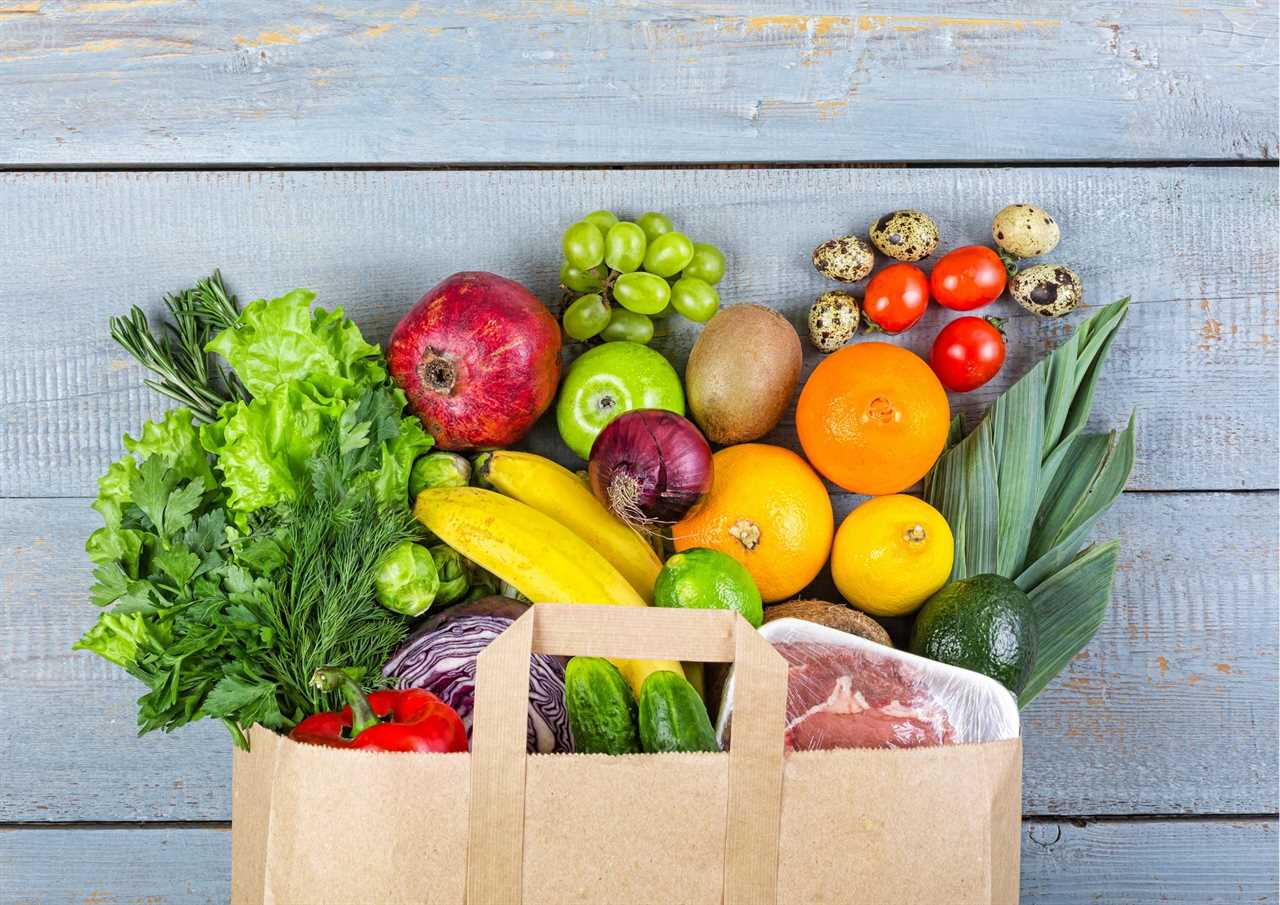 |
Health benefits of eating organic?A review in The Annals of Internal Medicine failed to find strong evidence that organic foods are significantly more nutritious than conventional foods. Lisa |
 |
The Benefits of Crop RotationCrop rotation is a way to grow multiple types of crops in the same space. This is done in an effort to diversify the ecosystem, reduce pest and weed.. |
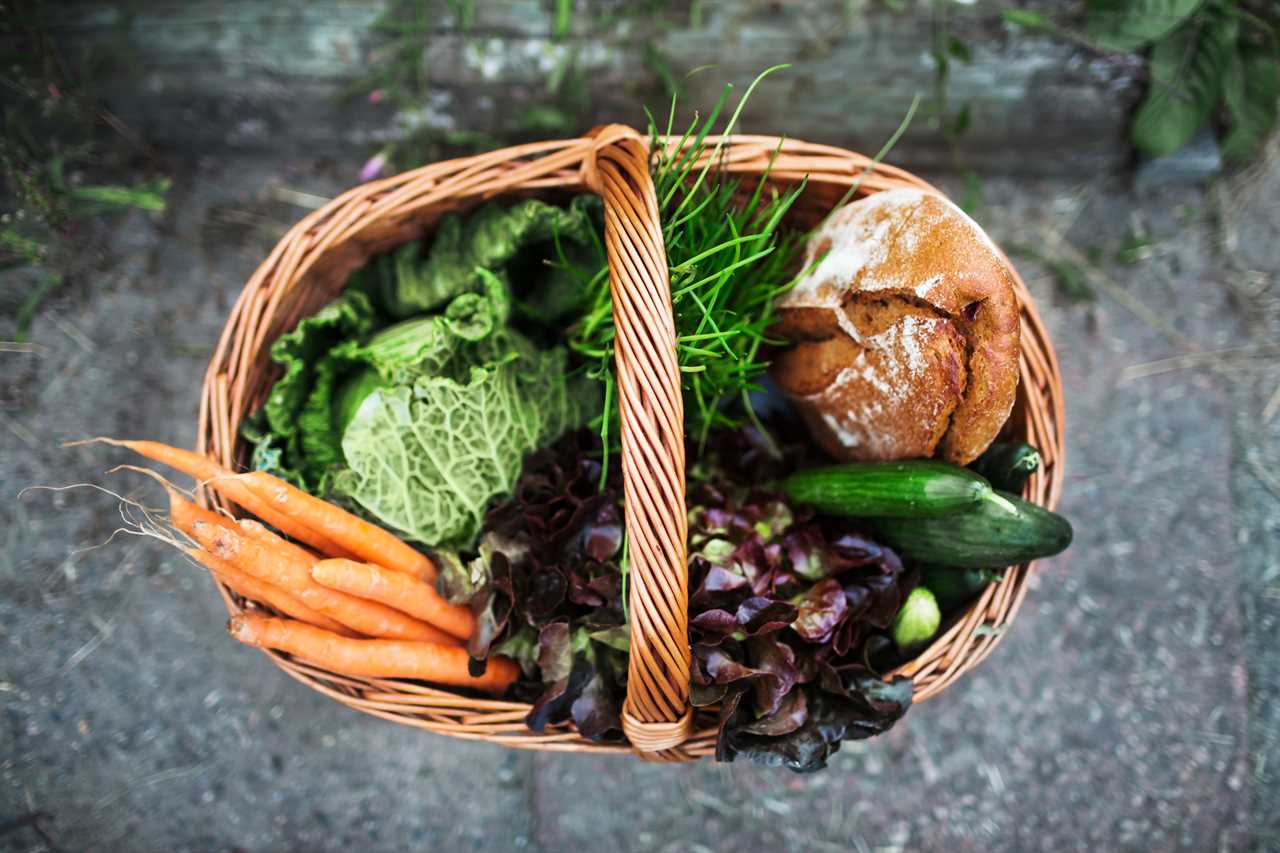 |
Do I Need To Eat 100 % Organic Food? – Dr. BergFor more info on health-related topics, go here: https://bit.ly/2YI8NLc Take Dr. Berg's Free Keto Mini-Course: http://pxlme.me/-i717vtY […] |
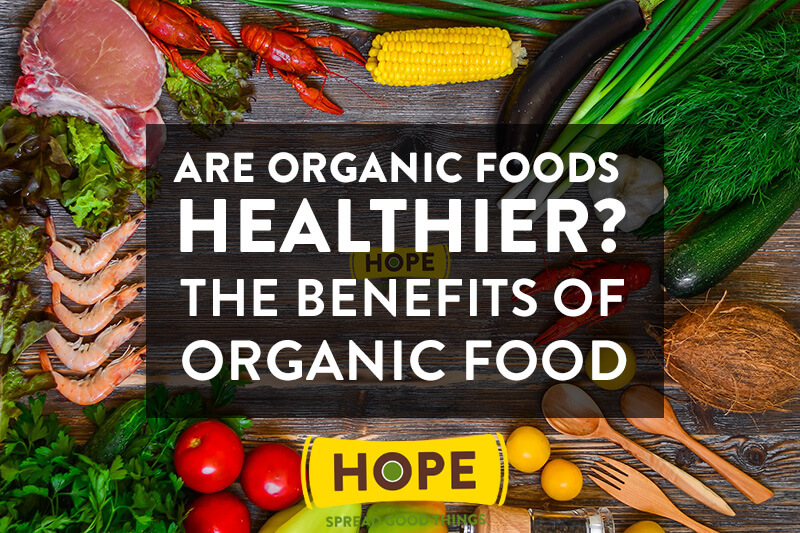 |
The Importance of Soil Conservation in Meeting the Sustainable Development GoalsSoil conservation is important for maintaining the soil's health and resilience. The microbial and faunal communities in the soil are impacted by.. |
 |
Benefits of Organic FarmingOrganic farming is one of the best ways to help protect the environment. It can also provide a number of benefits for your farm, including increased.. |
 |
Is `organic` food actually healthier for you?Dr. Marc talks about organic food. |
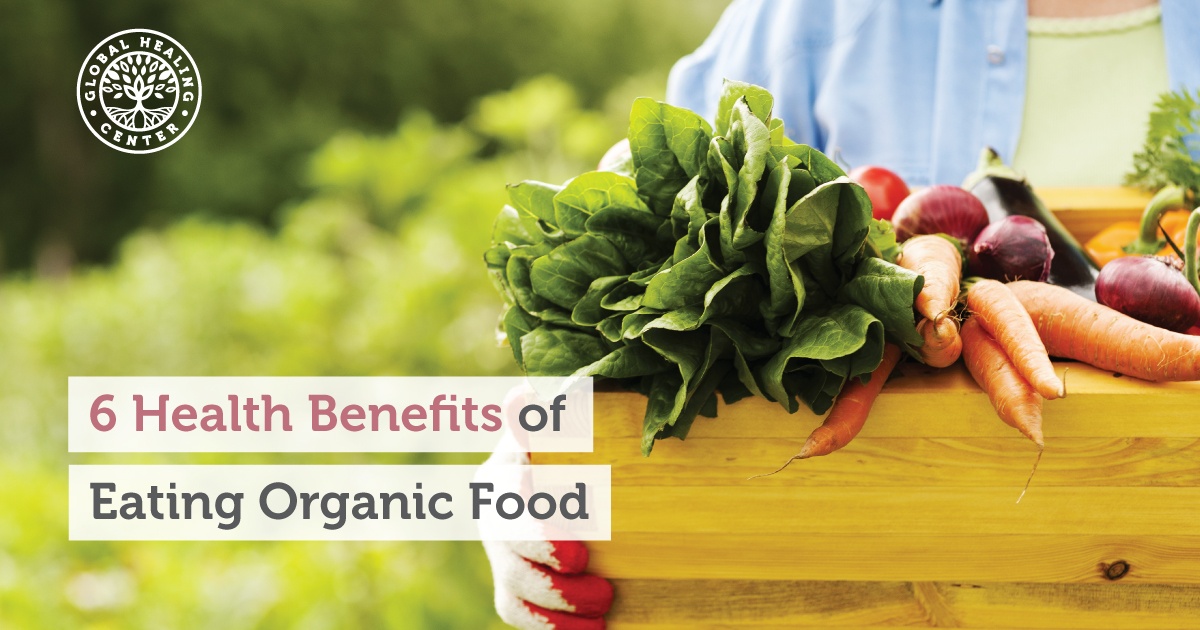 |
Organic Farming MagazineOrganic farming magazine is a resource that provides you with the latest information on organic agriculture, health, and sustainability. It also.. |
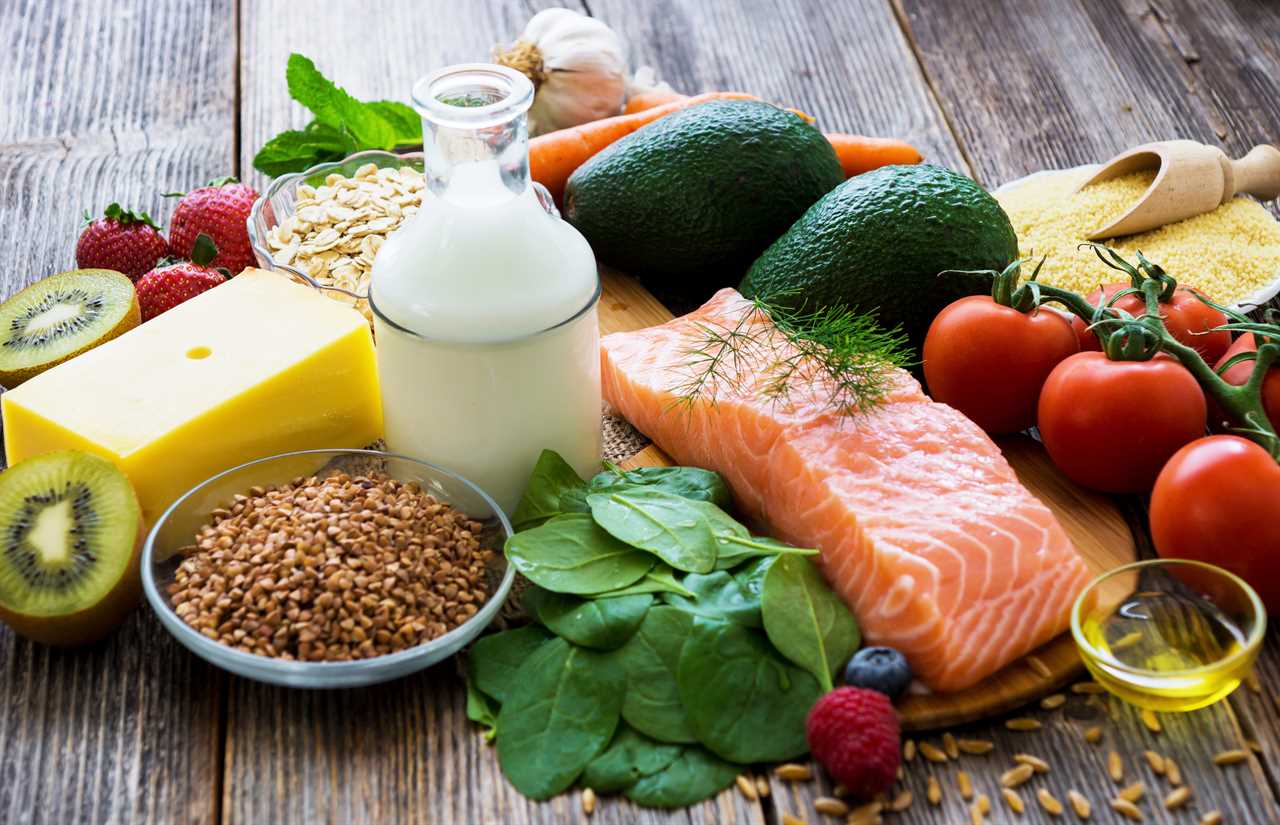 |
Is Organic Food Really Worth It?The organic food industry is a booming business. U.S. organic sales surged in 2020, jumping by 12.4% to $61.9 billion. With consumers being more health |
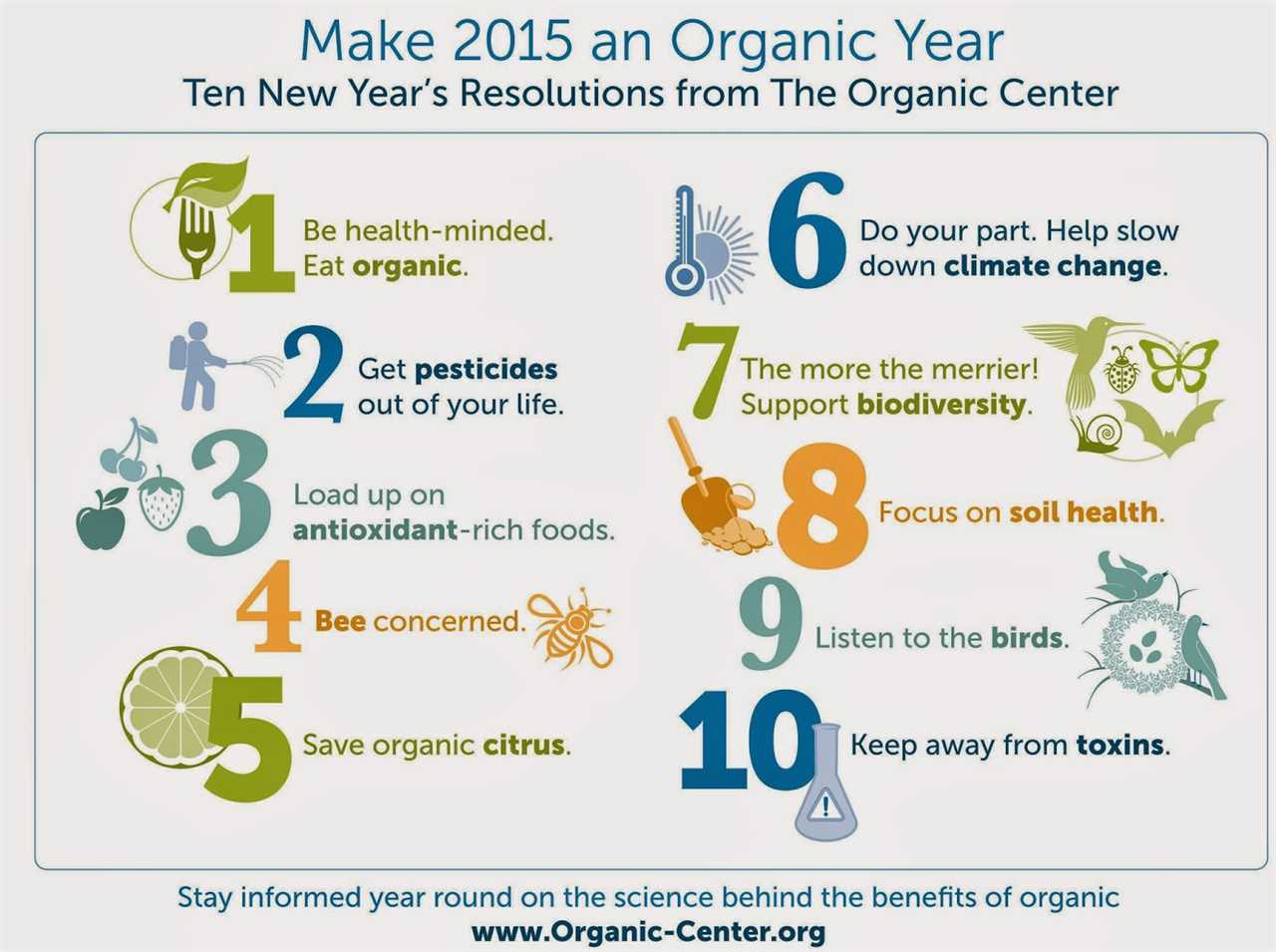 |
The Difference Between Organic Milk and Regular MilkOrganic milk is a type of milk that comes from livestock that is raised according to organic farming methods. This is a term that is regulated by.. |
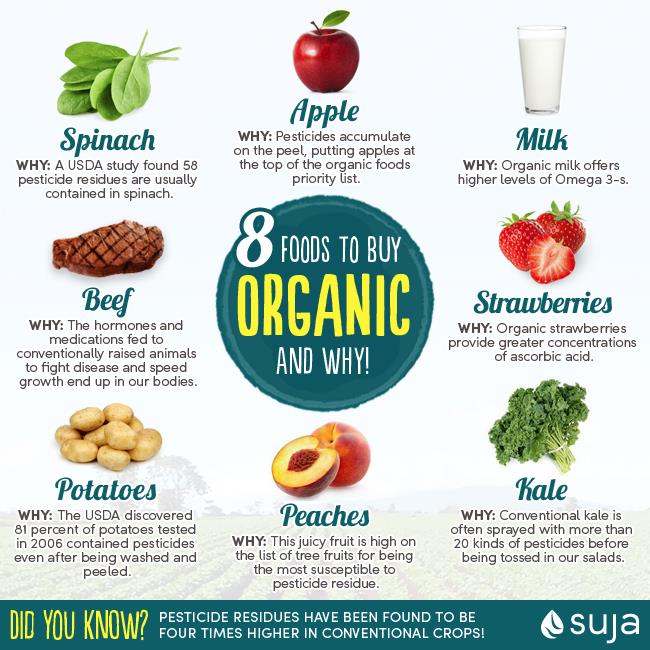 |
The Benefits of CompostingComposting your waste can be a very effective way of ensuring that your organic material is being broken down to the best of its ability. When.. |
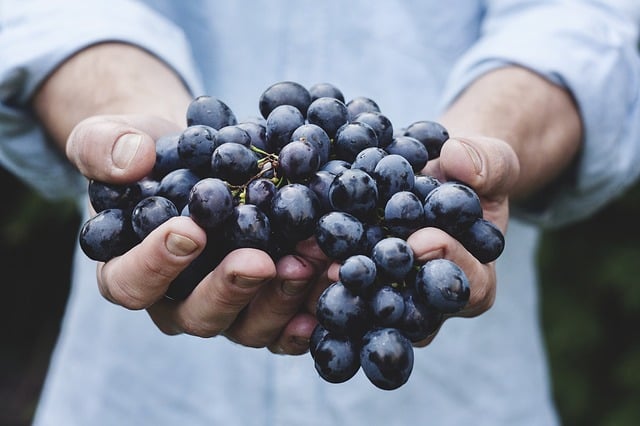 |
Is Organic Farming Beneficial to Biodiversity?Organic farming is a growing interest in the scientific community, and researchers have been investigating whether the practice is beneficial to.. |
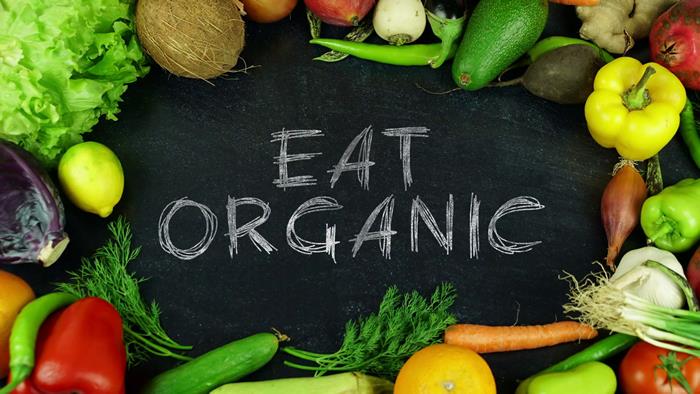 |
Organic eatingOrganic Cultur |
 |
What is Organic Cotton?Organic cotton is the type of cotton that is grown without using pesticides or chemicals. It is also the type of cotton that is grown in subtropical.. |
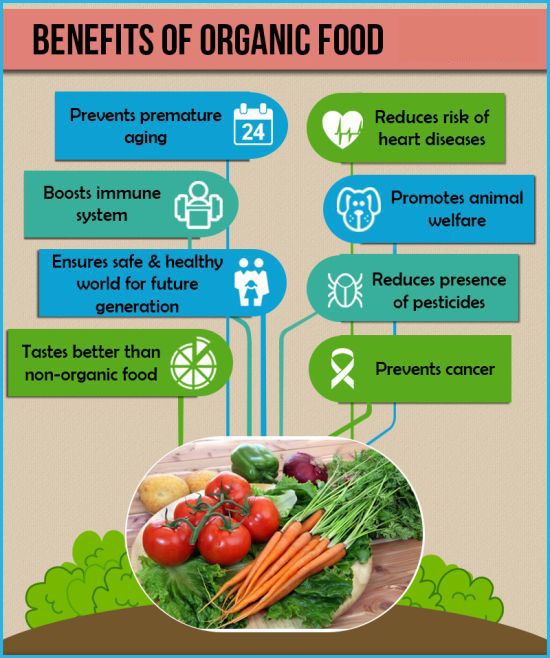 |
Benefits of Cover CropsIf you aren't familiar with cover crops, you may be surprised to learn that they are plants that are planted to grow on top of the soil to help.. |
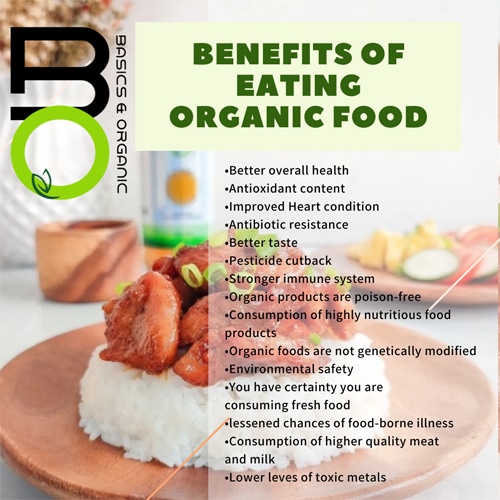 |
Learn How to Become an Organic Farmer Through a Training ProgramIf you are looking to become an organic farmer, there are several ways you can do so. One option is to take a training program that will teach you.. |
 |
Exotic VegetablesWhen it comes to vegetables, there are plenty of choices to choose from. Some of the most popular choices include broccoli, corn, carrots, and.. |
 |
The Benefits and Pitfalls of Organic Farming OrganizationsOrganic farming is an approach to farming that is not only ecologically sound, but also financially feasible. It is a method that is free from.. |
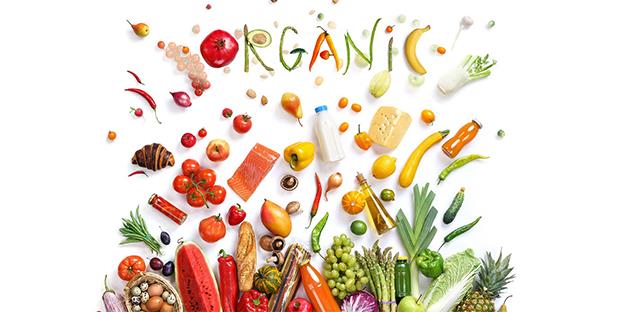 |
Soil Composition and BiodiversityThe soil that we have around us is a vital part of our lives. It is the home for many plants and animals. It also has a texture, a color, and many.. |
 |
Organic Farming PrinciplesOrganic farming is a practice that is designed to be sustainable and healthy. Its principles include avoiding harms produced by industrial farming.. |
 |
When Did Organic Food Start?The answer to the question when did organic food start? will vary depending on the time period in which you are looking at. For instance, it may be a |
 |
Can Organic Be GMO?The question Can organic be GMO is an ongoing debate among many consumers. While it's possible to eat foods that have been produced using genetic.. |
 |
Chhattisgarh's Organic Farming SchoolsThe government of Chhattisgarh has started to introduce organic farming schools. This initiative is intended to provide the young generation with the |
 |
What is a Conventional Farm?Conventional farm is the term used to describe a farm that is not organic. It is a form of agriculture that is associated with better soil quality,.. |
 |
The Rodale InstituteThe Rodale Institute is a nonprofit organization that aims to support research into organic farming. It was founded in 1947 by J. I. Rodale, an.. |
 |
The Latest Research on Organic | The Organic CenterResearched articles about eating Organic food |
 |
Korean GardeningKorean gardening is one of the oldest ways to grow plants. It involves planting herbs, fruits, and vegetables that are used in kimchi, a type of.. |
.png)





